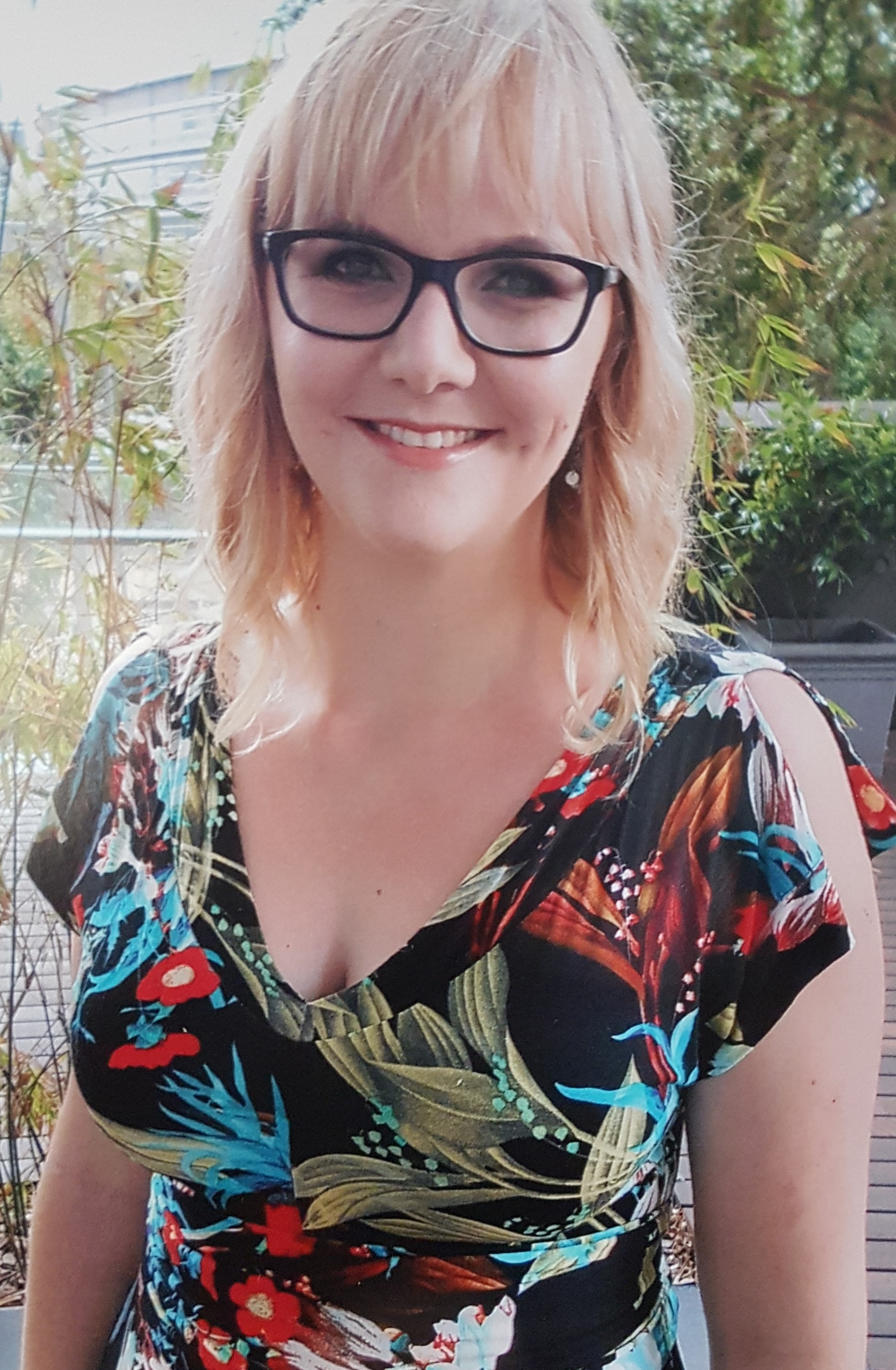
University of Queensland researcher Dr Cheneal Puljevic has been awarded the Australasian Professional Society on Alcohol and Other Drugs (APSAD)’s Early Career Award for 2020.
APSAD is the region’s leading organisation for professionals involved in the alcohol and other drug field. The prestigious Early Career Award celebrates excellence in alcohol and other drug research relative to career opportunities.
Dr Puljevic, from the Global Substance Use and Mental Health unit at the Centre for Health Services Research (UQCCR) and the School of Public Health, said she was truly humbled to receive the Award.
"I have worked very hard over the past few years to develop my profile as an alcohol and other drug researcher, and it’s an honour to have my hard work recognised. I feel very privileged to have a job that allows me to work towards decreasing harms related to substance use," she said.
Dr Puljevic has conducted research on a variety of topics related to substance use, including alcohol-related violence, people who ‘cook’ their own methamphetamine, Hepatitis C among people released from prison and among Aboriginal and Torres Strait Islander people, cannabis, pre-drinking and e-cigarettes.
The majority of her research has focused on tobacco use among people who experience incarceration or homelessness.
"I’m particularly passionate about finding innovative ways to reduce tobacco smoking among people who experience incarceration or homelessness. These people experience multiple forms of intersecting disadvantage, and typically demonstrate significantly poorer physical and mental health outcomes compared to the general population.
"75 per cent of people entering Australian prisons are tobacco smokers. While smoke-free policies in prisons aim to help people entering prison to quit smoking, my research has found that the majority resume smoking upon release.
"There are no strategies at all aiming to help people exiting prison to remain quit from smoking, highlighting a crucial missed opportunity to improve the health of a marginalised population," she said.
Dr Puljevic's new research, supported by a UQ Early Career grant, looks at innovative ways of helping people who have experienced incarceration or homelessness to quit smoking.
"Most tobacco cessation strategies promote the health consequences of quitting smoking, however my new research is suggesting that it might be more effective to promote the financial costs of smoking instead, as the short-term financial savings of quitting smoking, rather than future risk of illness, may be more salient among these populations," Dr Puljevic said.
The APSAD Early Career Award includes a prize of $1000 towards registration and accommodation for Dr Puljevic to attend the Society’s next Conference, scheduled to be held in Brisbane in November 2021.
Media: Faculty of Medicine Communications, med.media@uq.edu.au, +61 7 3365 5133, +61 436 368 746.



